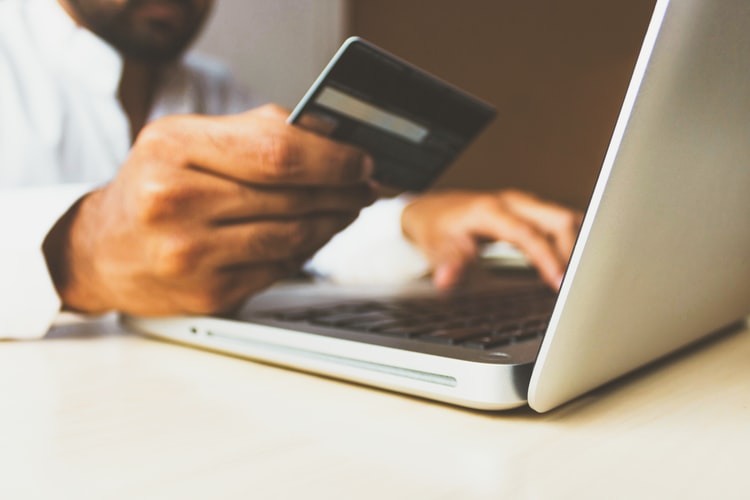Having good credit is necessary, especially if you plan on buying a house or getting a new car. But without credit, it makes simple things complicated and costly, such as renting an apartment or getting utilities put on. Utility companies will review your credit to determine if you’ll need to pay a deposit before turning on your utilities.
But building credit when you don’t have credit is a catch 22. How can you get credit when nobody will give you credit? In most cases, you’ll pay deposits or high-interest rates. These things can be costly. But there are many things that you can do to establish credit that won’t start you off already in debt.
Here’s are six credit-building tools that will help you to establish and earn a good credit score and might go against some financial myths,
Secured Credit Cards
When you’re building credit from scratch, one of the best things that you can do is go to your bank and start with a secured credit card, but there are plenty of places you can look for a secured card. This will require you to put a cash deposit down. The amount that you put down will be your credit limit for that card. For example, most cards require a minimum deposit of $200. Your credit limit will be $200 for that card. When you use your card, you’ll need to pay it off in full before the due date to avoid interest.
When choosing a secured card, you’ll want to find one that offers a low annual fee and make sure that they will report your payments to all three credit bureaus, Equifax, Experian, and TransUnion. This information will aid in establishing a credit history and improving your score.
Get Loans That Build Credit
There are many different types of credit-builder loans, secured loans, and personal loans to build credit.
Typically, credit builder loans work differently than personal loans. The lender will place the money you borrow in an account that will not be released until your loan is paid off. Essentially it’s a savings program that is reporting your payments to the credit bureaus. You can obtain this type of loan with credit unions or community banks.
With secured loans, you’re putting your own money up as collateral. Whereas with a personal loan, you’ll receive the money and make the payments held by the lender in an account. The funds will not be released to you until the loan is repaid.
Become an authorized user
When someone puts you as an authorized user for their established card, it adds their credit history to your account. So you’ll want to be careful as to who you’re asking to piggyback off of. If they don’t have a long history of paying off their card on time, it’s pointless to become an authorized user.
It’s important that you understand that you will not have access to their account as an authorized user. The account holder doesn’t have to give you the card that has your name on it. All you want is their established credit history and on-time payment history to improve your FICO score.
Get credit for paying your bills on-time
In the past, you couldn’t get credit for paying your bills, but times have changed. Experian Boost is free and allows you the ability to show on-time payment history with bills that don’t typically report to the credit bureaus, such as your cell phone and utility bills. Unfortunately, this method will only reflect on Experian and not on all three credit bureaus. There are some other services that you can look into, such as Rental Kharma and LevelCredit.
It takes time to build a good credit score and establish credit. Generally, it will take six months from opening an account before you’ll see a change in your FICO score. And one of the most important factors in your score is making on-time payments.
Be sure that you are practicing good credit habits that will build and maintain a good credit score, such as making your payments on time and in full, keeping your credit utilization low, and not applying for multiple credit accounts too close together.
